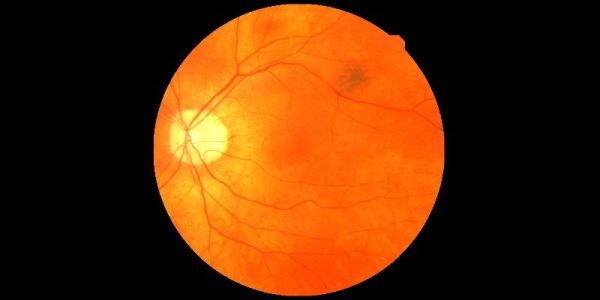
Engineering quality of life for people with advanced cancers
A £7 million research project has been launched to develop a new imaging and keyhole surgery approach to the treatment of secondary bone tumours of the spine.

A £7 million research project has been launched to develop a new imaging and keyhole surgery approach to the treatment of secondary bone tumours of the spine.

Scientists have developed an artificial intelligence system that can analyse eye scans taken during a routine visit to an optician or eye clinic and identify patients at a high risk of a heart attack.

Researchers have secured £7 million to fund the next stage of the pioneering Born in Bradford study into the health and wellbeing of the city’s young people.

Scientists monitoring the giant A68A Antarctic iceberg from space reveal that a huge amount of fresh water was released as it melted around the sub-Antarctic island of South Georgia.

The imaging of vanishingly tiny structures created by the foot-and-mouth disease virus could one day help scientists develop new treatments for infected animals.

Governments need to be careful about the messaging around compulsory mask wearing to ensure the policy is fully effective, say researchers.

During long portions of the past 2.4 billion years, the Earth may have been more inhospitable to life than scientists previously thought, according to new computer simulations.

Following in a long line of eminent scientists and engineers, Professor Cath Noakes will stand in the Royal Institution’s iconic auditorium and explain the big ideas reshaping society.

A new study reveals that disabled households in the Europe Union currently consume 10% less energy than other households, as well as being 5% more likely to experience energy poverty.

New analysis of genetic diversity within the British Pakistani population will have important implications for medical studies, according to researchers.